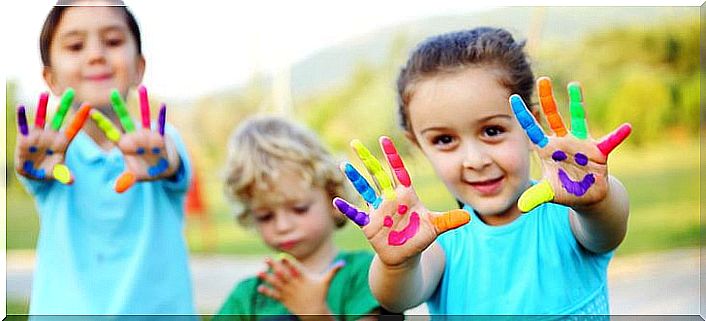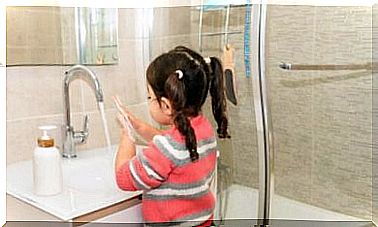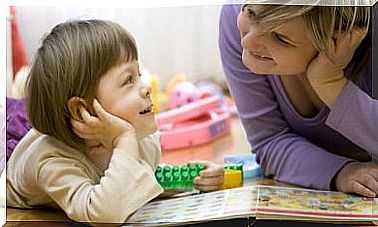5 Activities For More Emotional Awareness

In this article, we introduce you to 5 key activities to increase emotional awareness .
What is Emotional Awareness?
Emotional awareness is the ability to recognize and name one’s own feelings.
This also includes understanding how our thoughts, feelings, and behaviors affect us. Last but not least, it also means that we can perceive the emotions of people around us. Over time, we should develop a feeling for what mood they are in.
More emotional awareness in children
Our emotions control our behavior and our ability to learn. Good emotional upbringing promotes health and wellbeing. It prevents developmental disorders and ensures that children develop healthy personalities.
Expressing one’s feelings and being able to control emotions is a fundamental goal of education. In addition, it is an important part of our development.

Most scientists believe that our feelings belong to one of three groups:
Primary emotions
These are strongly influenced by genetics, so that everyone feels them across cultures. And this despite the fact that they are created through learning and experience.
Secondary emotions
Secondary emotions largely result from individual development. Therefore this reaction can be very different.
Negative emotions
This means uncomfortable feelings. They support our judgment when we are in a harmful situation. Negative feelings are the trigger that causes us to change this situation.
Positive emotions
Positive emotions arise in situations that are useful and pleasant to us. In contrast to negative emotions, however, they are fleeting, because we don’t need them as a drive to trigger change.
Neutral emotions
Neutral sensations produce neither pleasant nor uncomfortable feelings. Therefore we cannot classify them as positive or negative. They just simplify the development of different emotional states.
5 activities to help children become more emotionally aware
family
The model that family members represent has a long-term cognitive and emotional impact on our children.
Children constantly observe what their fellow human beings are doing and how they are doing it. Above all, the family is a role model. Imitating the behavior of individual members is typical for children.
Our own inclinations, for example whether we are more optimistic or pessimistic, and above all what kind of relationships we have with others, depend largely on what we ourselves have learned in our childhood.
Intellectual stimuli
It is up to parents to create an environment that encourages a love of culture in all its forms. The incentives we set should be diverse and supported by reading and learning.
But playing shouldn’t be neglected either. Games and sports are great for personal development. They encourage a healthy curiosity and interest in the world around us.

Get your children to talk about their feelings – this will help them develop more emotional awareness!
Show interest in your child. Ask how he’s doing! Don’t forget to talk to each other. You should start this.
You can find out what scares them and what makes them angry by talking to them. If they share these feelings with you, then you can help.
And of course, you have to teach them to use control.
Show options
In order to develop your child’s emotional intelligence, it is important that they make their own decisions. To do this, however, you first have to teach them what is wrong and what is right.
That way, your child will gain confidence. Then when the time comes to decide, it won’t be frustrated.
Recognize moods
Make it clear to your children that it is also important to observe people and places around you.
In this way they will get used to different environments and learn to adapt their behavior. If they are in a place where it is quiet and quiet, then they will know that you are not interrupting anyone there by shouting. And when you enter a room where people are happy and smiling, you will be able to adjust their mood yourself and join them with a smile.
Everything you do in front of your children, everything they see will leave a lasting impression on them. Very likely, once they have a family and home of their own, they will imitate your actions in the future.









